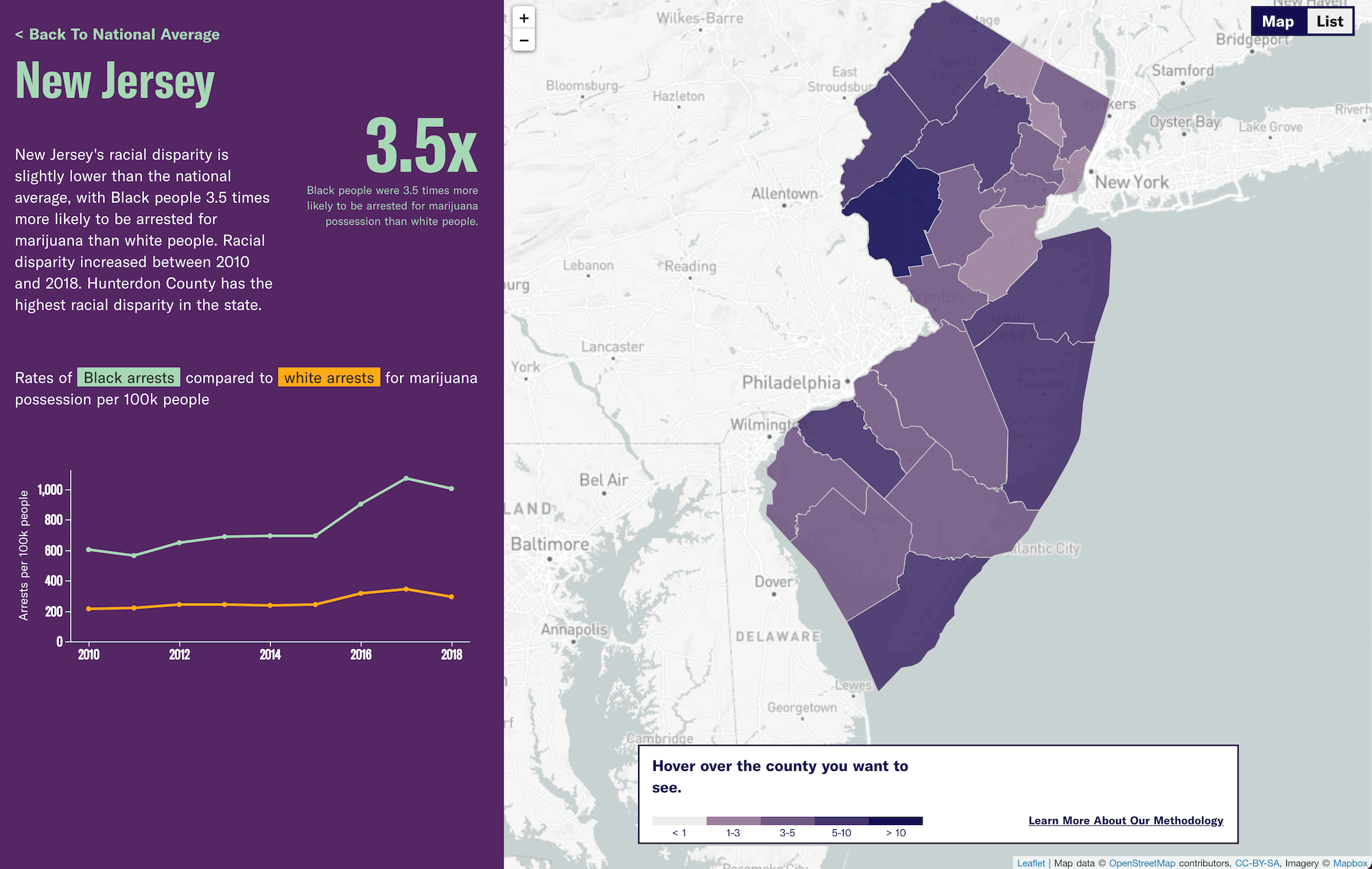Recreational marijuana is legal in N.J. What happens now?
But she added that current medical marijuana operators, which already have the retail infrastructure in place, might be able to begin recreational sales earlier, so long as they can meet the demands of their patients first.
“The law does provide those medicinal operators a pathway to serving the broader adult-use recreational community,” Houenou said.
The work is just now beginning for Houenou and other state regulators, who must decide, among other things, which cannabis products will be permitted in the state and which applicants will get licenses.
The business community is eager to jump in.
“We’re ready for the new day,” said Edmund DeVeaux, president of the New Jersey CannaBusiness Association.
Licenses will be available for six different sectors of the weed economy: cultivator, manufacturer, wholesaler, distributor, retailer, and delivery. There will also be licenses set aside for “microbusinesses” with 10 or fewer employees.
How social justice fits in
Murphy and many lawmakers have said their main motivation for supporting legalized recreational marijuana was social justice.
An ACLU analysis of 2018 New Jersey arrest data found that Black residents were arrested for marijuana possession at a rate 3.5 times higher than their white counterparts, despite similar rates of usage.

Advocates also wanted to ensure that the Black and Latino communities over-policed during the war on drugs would now be able to reap the benefits of the new legal marketplace.
Houenou said “equity” would “flow through” all of the decisions that the CRC would have to make, from advertising to quality control requirements to how the application process is set up and what fees might be required. (But already, the commission has fielded criticism for having no Black men on the panel and possibly failing to include a member of a national organization battling social inequality, as the law requires.)
Deveaux praised the focus on social justice. “We are going to work with the CRC in terms of helping to establish application processes with lower bars to entry, so that people from disadvantaged communities can in fact engage with this industry, which essentially was born off of their hard work over almost a century,” he said.
Prioritization for licenses will be given to businesses located in areas called “impact zones,” which are cities and towns that were “negatively impacted by past marijuana enterprises that contributed to higher concentrations of law enforcement activity, unemployment, and poverty,” according to the new state law. Those zones have yet to be identified.
Those zones will also see a higher share of tax revenue from weed sales. Seventy percent of sales tax proceeds from recreational marijuana transactions will be sent to “impact zones” as grants, loans, and other financial aid. The remaining tax revenue, or 30%, will be used to pay for the operating costs of the commission and reimbursements for towns, counties, and the New Jersey State Police for training officers who can spot drivers impaired by drugs.
Still, Houenou is clear-eyed about how quickly the state will be able to reverse the ill effects of what Murphy previously called New Jersey’s “broken and indefensible” drug laws.
“I don’t expect all of the harms from the war on drugs to be erased with the first set of licenses that the commission issues. I don’t expect the harms to be erased, even after three years of operating legalized cannabis in New Jersey,” Houenou said.
“It’s going to take time. We’re talking about undoing a decades-long war on drugs, and that doesn’t happen in one, two, or even three years.”




